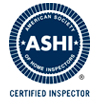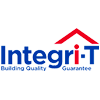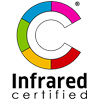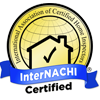7% Of Homes Have Radon
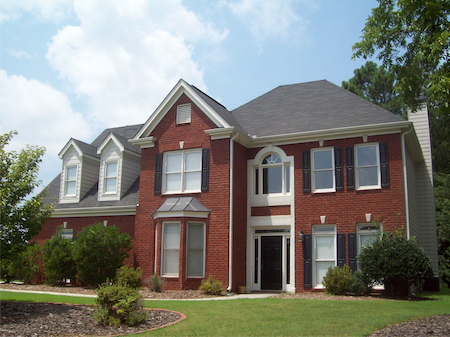
According to a study done by Health Canada, approximately 7% of Canadians live in a home that contains radon levels above safety guidelines. They estimate about 2000 people die every year due to radon. This should be alarming for homeowners, but the reality is that most people are unaware of what radon actually is.
What is Radon?
It’s is an odorless, colorless, and tasteless radioactive gas which is very harmful for people. It is a major carcinogenic gas which poses a high risk for lung cancer. Breathing in high levels this type of radioactive gas can cause lung cancer to the homeowners. It’s actually the second leading cause of lung cancer in Canada, which accounts for about 10% of cases. Radon levels are unpredictable and can be found depending on the location of your home, the age, and condition of the house. We have noticed this in several areas around Montreal, especially in Oka, Saint-André-d’Argenteuil, and Mont-Saint-Hilaire.
When Is Radon Most Dangerous?
Gas levels change depending on the time of year. During winter, we tend to keep the heat indoors by closing our windows and doors. This ultimately retains radon, increasing gas levels inside your home. It’s less potent during summer since we open our windows and doors to let fresh air inside.
How To Test For Radon?
If you suspect this type of gas in your home, please do not neglect the potential threat of radon. There are a wide variety of DIY “Do it yourself” tests available on the market so that you can determine the radon level in your home. Short term radon tests can last 2 to 7 days, while long term tests can take up to 1 to 12 months. If you do this test yourself and find high levels of radon, call a professional to perform the test to confirm the levels.
How To Prevent Radon Levels Rising?
There are certain elements in your home which can prevent the radon levels rising to alarming levels. If there are cracks, or gaps in your floorings, using a gas permeable layer beneath the flooring can minimize radon penetration. Also, sealing sump pumps using the correct caps reduces levels rising. It’s best to consult and hire trained professionals who deals with radon mitigation in homes.
YG Home Inspection Services In Montreal
Unfortunately, we do not provide a radon test because the short term test is unreliable and the long term test is too long to conduct. If radon levels are found to be too high, YG Home Inspection Services can guide you on the measures of how to reduce it to acceptable levels and to prevent it further.



